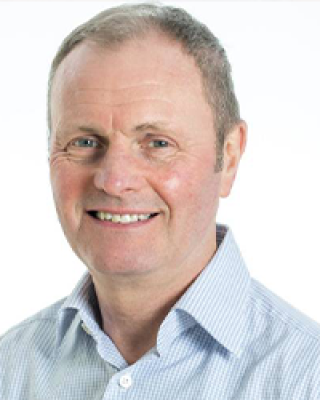Blog written by Bryan Williams, Biomedical Research Centre Director

During my training as a junior doctor, I decided I wanted to do research as part of my career and I was fortunate to get the opportunity to go work in the US with one of their leading academics. My wife reminds me that life was hectic at that time. I was rostered for over 60 hours a week as a junior doctor, I was doing research in the lab when I could find the time, and my son was born only 4 weeks before we went to the US. In fact, his first car journey was to take samples of rat urine from my research studies, to a lab in Cambridge! This was indicative of what was to come. I have become expert at juggling various roles and my family life. Well, I think I have but maybe my wife would beg to differ!
I have also been fortunate to work with many inspirational leaders in research throughout my career and in turn, it has been inspiring to lead research that has changed treatment guidelines around the world. Reflecting on my career, there are themes that emerge. First, research, although collaborative, is also very competitive at the top level and you are working with and competing for funding with some of the very smartest people on the planet.
Second, research requires sacrifice because you will effectively being doing at least two jobs if you are a clinical academic. If you want a 9-5 life, weekends free, loads of time to do other things, then don’t try and become an independent investigator who has to get grants to support their salary and those of others who work in their group. It is hugely competitive and a huge responsibility.
But… there are also huge rewards. It is exciting, stimulating, satisfying and I have colleagues and friends all over the world – brilliant minds and wonderful people and so many memories. I have travelled extensively to conferences, presenting our work, and learned so much about how research and health systems around the world work and how they often don’t. I have always had a no regrets philosophy. In other words, when an opportunity arises, reach beyond your comfort zone and don’t regret you didn’t take that chance or an opportunity. I would encourage everybody in medicine to engage with research to enrich their knowledge and I think become a better doctor. But be realistic with yourself about the challenges if you want to run your own lab or research programme.
 Close
Close

